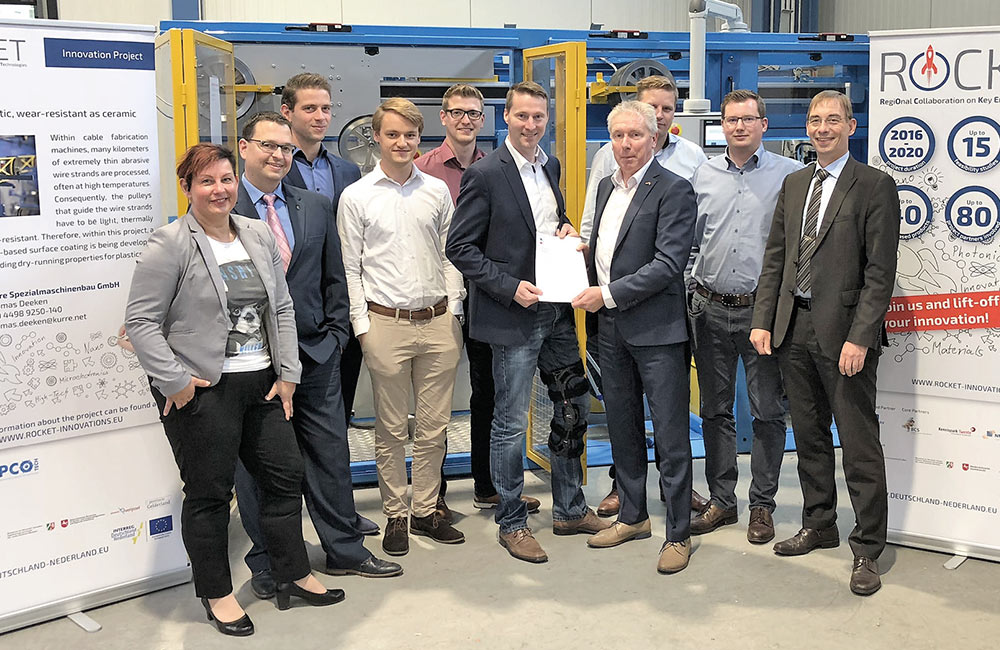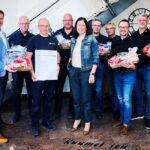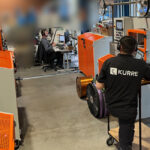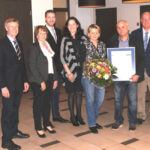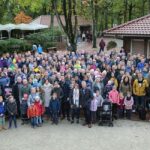Nanotechnology from KURRE – launch of the German-Dutch high-tech innovation project
Successful start to the ROCKET project “TriboSurf”
The companies KURRE Spezialmaschinenbau GmbH from Lower Saxony and PCOtech B.V from the Netherlands (Enschede) met last week in Ramsloh for their kick-off event. The consortium led by KURRE was able to convince the jury with a coating from the field of nanotechnology. The intention behind the cross-border cooperation is to pool special know-how in order to produce wear-resistant and low-friction surfaces.
The Dutch company PCOtech B.V. specializes in the interaction of material surfaces for the industrial sector and has several proprietary technologies that change the basic properties of a surface. The processes used are therefore not traditional coatings, but rather surface modifications. Several years of experience and successful project participations (including in cooperation with research institutions) therefore make the company an ideal Dutch cooperation partner.
Over the next two years, both partners will implement their project as part of the INTERREG V A project ROCKET. This makes it the third innovation project to be launched by the partners in the ROCKET consortium under the leadership of innos-Sperlich GmbH.
“ROCKET” stands for RegiOnal Collaborationon Key Enabling Technologies and promotes cross-border cooperation between business and science in the German-Dutch border region between the North Sea and the Lower Rhine to strengthen research, technological development and innovation. The focus is on key technologies (KET, Key Enabling Technologies) such as nanotechnology, microsystems technology, micro- and nanoelectronics, innovative materials and photonics. These form the technological basis for the answers to global challenges.
The objectives of the project are the development, promotion and implementation of cross-border innovation projects in the application areas of health, energy and production as well as the financing of feasibility studies to evaluate project ideas. The aim is to achieve knowledge transfer for the development of marketable, KET-based products. By establishing a cross-border network with a large pool of high-tech SMEs and increasing the competitiveness of these SMEs to promote growth and job creation, this project has a high regional value for the German-Dutch border region.


